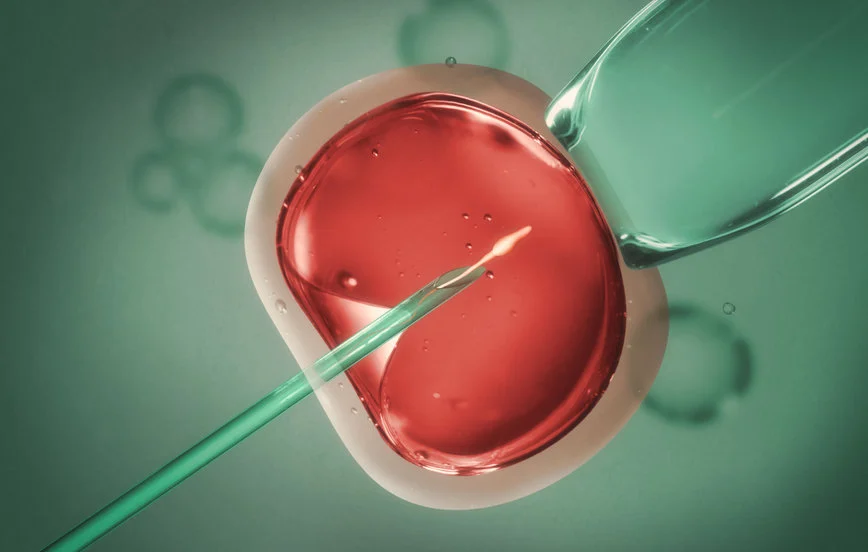Donor Egg
Donor egg, also known as egg donation, is a process in assisted reproductive technology (ART) where a woman (the donor) provides her eggs to another woman (the recipient) who is unable to produce viable eggs of her own. This procedure offers hope to individuals or couples struggling with infertility due to various reasons such as advanced maternal age, premature ovarian failure, or genetic disorders that could be passed on to offspring.
The first step in the donor egg process involves selecting a suitable egg donor. Donors typically undergo thorough medical and psychological evaluations to ensure they are physically and mentally fit to donate eggs. They may also undergo genetic screening to assess the risk of passing on hereditary conditions. Once a donor is chosen, she undergoes ovarian stimulation, a process involving hormone injections to encourage the production of multiple eggs.
After the donor's eggs have matured, they are retrieved through a minor surgical procedure called transvaginal ultrasound aspiration. This procedure is usually performed under sedation to minimize discomfort. The retrieved eggs are then fertilized with the recipient's partner's sperm through in vitro fertilization (IVF) or intracytoplasmic sperm injection (ICSI) in a laboratory setting.
Once fertilization is successful, the resulting embryos are cultured and monitored for several days to ensure they reach a suitable stage of development. The healthiest embryos are then selected for transfer into the recipient's uterus. Any additional viable embryos may be cryopreserved (frozen) for future use. The recipient may undergo hormonal therapy to prepare her uterus for embryo transfer, increasing the chances of successful implantation.
After embryo transfer, the recipient undergoes a waiting period to determine if the procedure was successful. If implantation occurs, the recipient may become pregnant and go on to carry the pregnancy to term. Donor egg IVF has provided a pathway to parenthood for many individuals and couples who may have otherwise been unable to conceive using their own eggs. It offers the opportunity to experience pregnancy and childbirth while also addressing genetic concerns or fertility challenges.



.png)
